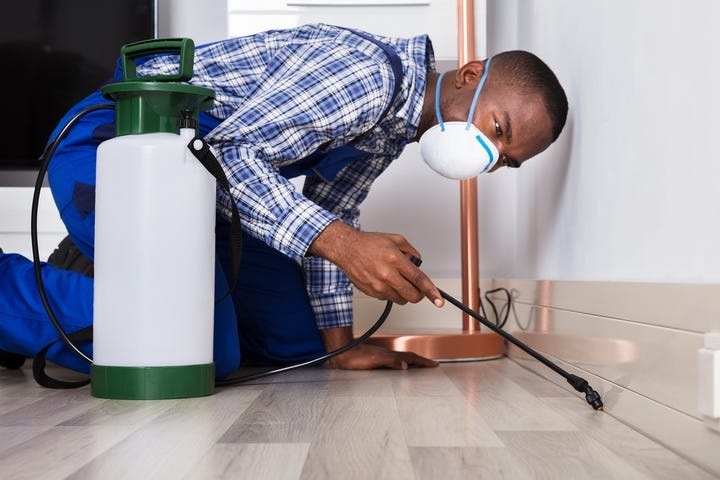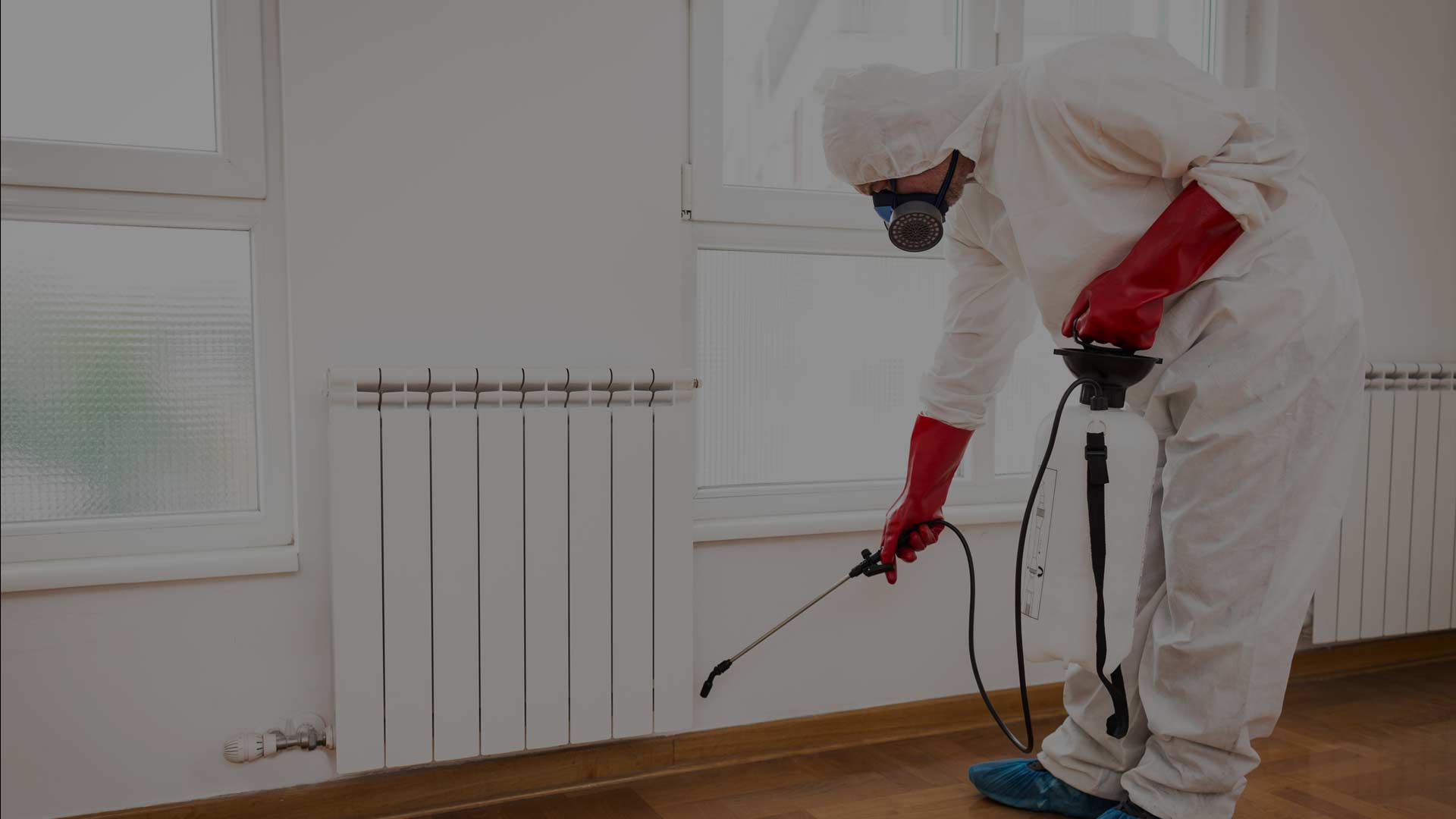Professional Exterminator Services: Say Goodbye to Vermin forever!
Professional Exterminator Services: Say Goodbye to Vermin forever!
Blog Article
Expert Pest Control Techniques for Long-Term Outcomes
Professional bug control strategies envelop a comprehensive technique that begins with a complete assessment and evaluation, complied with by exact insect recognition to comprehend their behavior patterns. The execution of Integrated Bug Management (IPM) concepts, coupled with eco-conscious therapies, forms the keystone of lasting bug obliteration.
Assessment and Evaluation
Upon getting in a residential property for parasite control solutions, the initial action is a comprehensive inspection and analysis to identify the level of the infestation and determine the most reliable treatment strategy. Specialist pest control technicians are trained to diligently examine the facilities, seeking signs of pest task such as droppings, chomp marks, nests, or any kind of structural damages. They will certainly likewise analyze the problems that may be attracting parasites, such as food resources, water leaks, or entrance points.

Insect Identification and Habits

Additionally, understanding the behavior of the recognized bug is vital to implementing reliable control measures. Knowing where bugs nest, what they feed on, and their activity patterns can aid pest control experts create techniques to eliminate them efficiently.
Integrated Pest Monitoring (IPM)
Integrated Parasite Administration (IPM) methods integrate numerous strategies to regulate and protect against parasite infestations in a sustainable and eco-friendly manner. pest control. By incorporating methods such as organic control, environment adjustment, modification of cultural methods, and using resistant ranges, IPM intends to minimize making use of chemical pesticides
One click this of the key principles of IPM is the focus on avoidance. This positive strategy entails monitoring bug populaces frequently to find any prospective concerns prior to they escalate. By determining bug issues at an early stage, pest control actions can be applied promptly and effectively.
In addition, IPM promotes using safe pest control methods whenever possible. This can consist of using natural predators of the parasites, introducing advantageous insects, or using scents to disrupt mating patterns. By decreasing reliance on chemical pesticides, IPM not just shields the environment yet also assists maintain an equilibrium in the ecological community.
Environmentally-Friendly Therapies
Implementing eco-conscious approaches in pest control treatments can effectively resolve invasions while prioritizing ecological sustainability. Environmentally-friendly therapies focus on decreasing the effect of bug control techniques on ecosystems, non-target organisms, and human wellness. These techniques usually include making use of all-natural killers, such as ladybugs or nematodes, to regulate pest populations, decreasing the requirement for chemical treatments. In insect removal companies addition, techniques like habitat manipulation, such as adjusting moisture degrees or removing food sources, can aid discourage parasites without using unsafe materials.
An additional trick aspect of environmentally-friendly treatments is the use of natural and eco-friendly products that break down rapidly without leaving dangerous residues find this in the environment. Organic insecticides stemmed from plants like chrysanthemums or neem supply reliable parasite control while presenting very little threat to non-target types. Moreover, using methods like warm therapies or scent traps can target certain insects with precision, decreasing the total environmental effect of bug control methods.
Continuous Surveillance and Upkeep
Continuous monitoring and upkeep are important components of effective parasite control management. Ongoing tracking plays a critical role in making sure that bug infestations are discovered very early and handled quickly. Normal assessments by qualified professionals are required to recognize any signs of parasite task, examine the effectiveness of previous therapies, and make adjustments to the parasite control strategy as needed. By checking pest populaces with time, parasite control experts can track trends, anticipate potential concerns, and carry out preventative measures to lessen the danger of future problems.
In addition to monitoring, upkeep practices are crucial for long-lasting insect control success. This includes carrying out proper cleanliness measures to eliminate possible food and water resources for parasites, securing off entrance indicate prevent bugs from going into the premises, and attending to any kind of structural concerns that could facilitate insect infestations (bed bug dog). By integrating recurring tracking and maintenance into an incorporated parasite management technique, organizations can make sure a pest-free environment and safeguard their residential or commercial property against expensive damage and health threats
Final Thought
In verdict, using specialist insect control strategies such as comprehensive evaluation and assessment, exact insect identification and understanding of their behavior, incorporated pest administration methods, environmentally-friendly therapies, and recurring surveillance and upkeep are essential for achieving long-lasting outcomes in parasite control. By executing these techniques, individuals can efficiently handle pest infestations and preserve a pest-free setting in a sustainable way.
Report this page